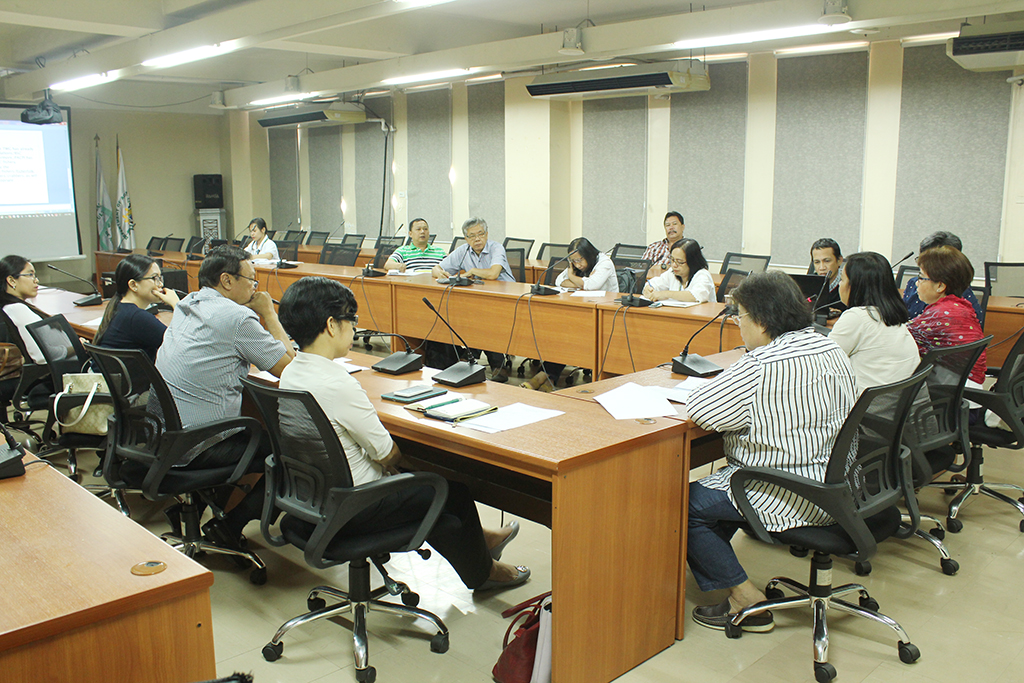
To come up with doable policy recommendations for the management of the Blue Swimming Crab (BSC), key industry players convened for a Roundtable Discussion (RTD) on BSC on April 24, 2017 at the PCAF Apacible Conference Room in Quezon City.
The discussion aims to further strengthen the existing initiatives of the Bureau of Fisheries and Aquatic Resources (BFAR) and the private sector on BSC management through policy recommendations.
Upon the finalization of the Philippine Development Plan this year, there was an instruction to review all plans and programs to translate it into strategic action plans for poverty reduction and attainment of inclusive growth for the agri-fishery sector.
In response, the Philippine Council for Agriculture and Fisheries (PCAF) – National Sectoral Committees (NSCs) – Committee on Fisheries and Aquaculture (CFA) organized the RTD to identify key concerns of stakeholders in terms of the management and socio economic aspects of BSC.
Along with sardines, shrimp, and prawns, BSC is one of the important fishery commodities that the PCAF-CFA included in its priority agenda for policy development and recommendation.
During the RTD, Josette Emlen Genio, Program Director of Philippine Association of Crab Processors, Inc. (PACPI), provided an update on BSC status as of 2015.
The five biggest producing regions of BSC in the Philippines are Region VI (Western Visayas), Region V (Bicol Region), Region IV-B (Palawan), and Region VIII (Eastern Visayas), and Region IV-A (CALABARZON).
The country’s BSC reported export was more than 4,200 metric tons in 2015.
Genio said that PACPI continues to engage in various activities such as BSC stock assessment and data collection, impact assessment, mapping/zoning of municipal waters, IEC monthly campaigns and focus group discussions with crab fishers.
Furthermore, she suggested harmonizing all existing BSC projects/programs and establish a repository BSC database to avoid duplication to ensure easy access for its management.
Tambuyog Project Coordinator, Cristopher Rey Cadiz, also recommended to organize BSC fisherfolk since they are mostly divers who do not own lands and live at poverty threshold.
Teresita de Jesus, Acting Chairperson of CFA, encouraged collaboration among concerned agencies/organizations, as well as to further look into the present status of BSC to arrive at recommendations on possible areas.
Dr. Maria Rowena Eguia of SEAFDEC-Aquaculture Department suggested that efforts among government agencies and institutions/academe should be synchronized/consolidated to establish a strong network to facilitate funding for the conduct of further BSC study, as well as for the continuity of the research activity.– LC











